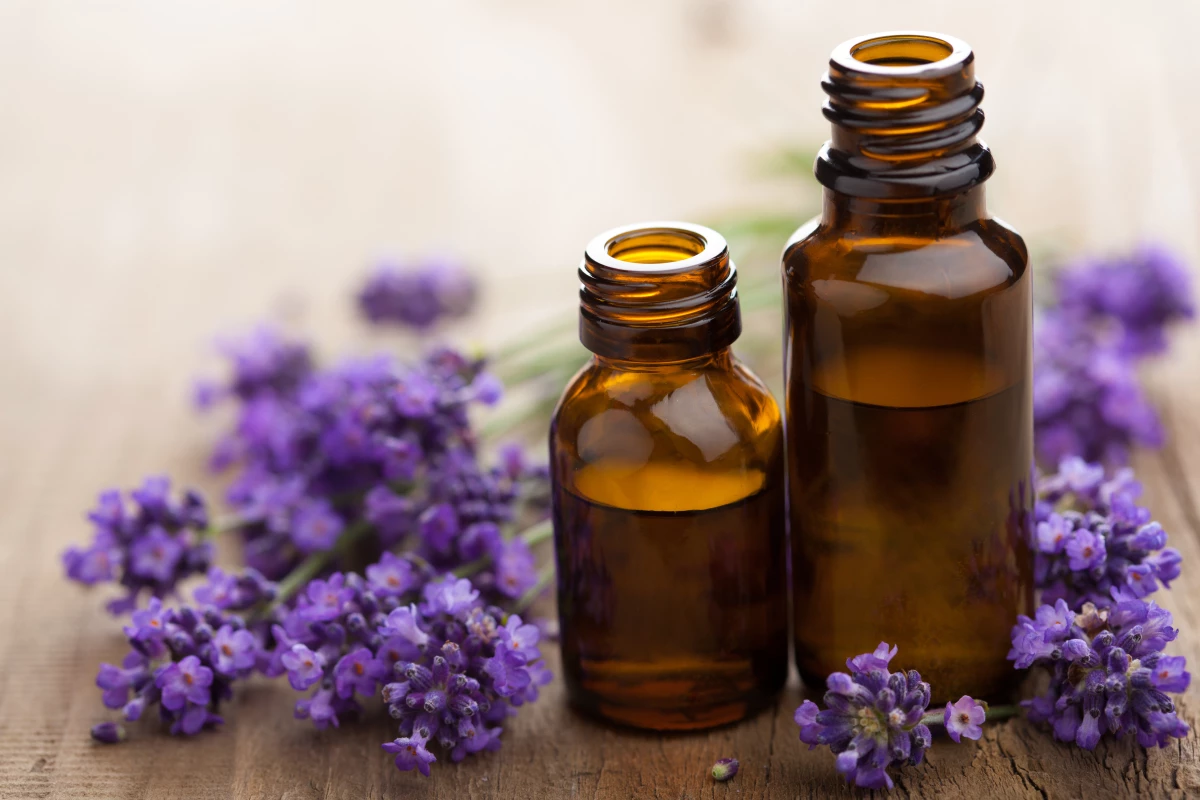Although essential oils are typically associated with aromatherapy, new research indicates that medicines based on them could also help to heal skin wounds when applied topically. It all comes down to a certain substance in some of the oils, that reduces inflammation.
The chemical compound in question is known as beta-carophyllene – it's found in the oils of lavender, rosemary and ylang ylang, among other sources. In a study conducted at Indiana University, beta-carophyllene extracted from these plants was applied to superficial wounds on mice.
It was observed that doing so increased cell growth and cell migration to the wound site, causing the injuries to heal faster than similar untreated wounds. Additionally, the scientists noted increased gene expression of hair follicle stem cells in the treated injuries. This suggests that there would ultimately be less scarring.
Based on previous research, it was already known that beta-carophyllene activates a receptor in the body, which in turn produces an anti-inflammatory response. It is this response that is likely the key.
"In the wound healing process, there are several stages, starting from the inflammatory phase, followed by the cell proliferation stage and the remodelling stage," says the lead scientist, Assoc. Prof. Sachiko Koyama. "I thought maybe wound healing would be accelerated if inflammation was suppressed, stimulating an earlier switch from the inflammatory stage to the next stage."
That said, Koyama believes that there may be additional factors at work, which further research should hopefully reveal. She also advises against simply applying essential oils to wounds, as the beta-carophyllene used in the study was of a known purity, and was diluted in a specific concentration.
"There are many things to test before we can start using it clinically, but our results are very promising and exciting," she says. "Someday in the near future we may be able to develop a drug, and drug delivery methods, using the chemical compounds found in essential oils."
A paper on the research was published this week in the journal PLOS ONE.
Source: Indiana University




